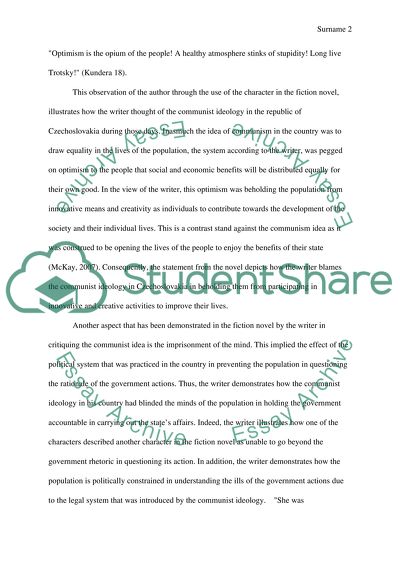Cite this document
(“The Joke by Milan Kundera and how it relates with history of European, Essay”, n.d.)
Retrieved from https://studentshare.org/history/1470793-the-joke-by-milan-kundera-and-how-it-relates-with
Retrieved from https://studentshare.org/history/1470793-the-joke-by-milan-kundera-and-how-it-relates-with
(The Joke by Milan Kundera and How It Relates With History of European, Essay)
https://studentshare.org/history/1470793-the-joke-by-milan-kundera-and-how-it-relates-with.
https://studentshare.org/history/1470793-the-joke-by-milan-kundera-and-how-it-relates-with.
“The Joke by Milan Kundera and How It Relates With History of European, Essay”, n.d. https://studentshare.org/history/1470793-the-joke-by-milan-kundera-and-how-it-relates-with.


